Prof. Al Hero was interviewed and gave a presentation about his research using machine learning to improve our understanding of the human gut


Prof. Al Hero was interviewed and gave a presentation about his research using machine learning to improve our understanding of the human gut
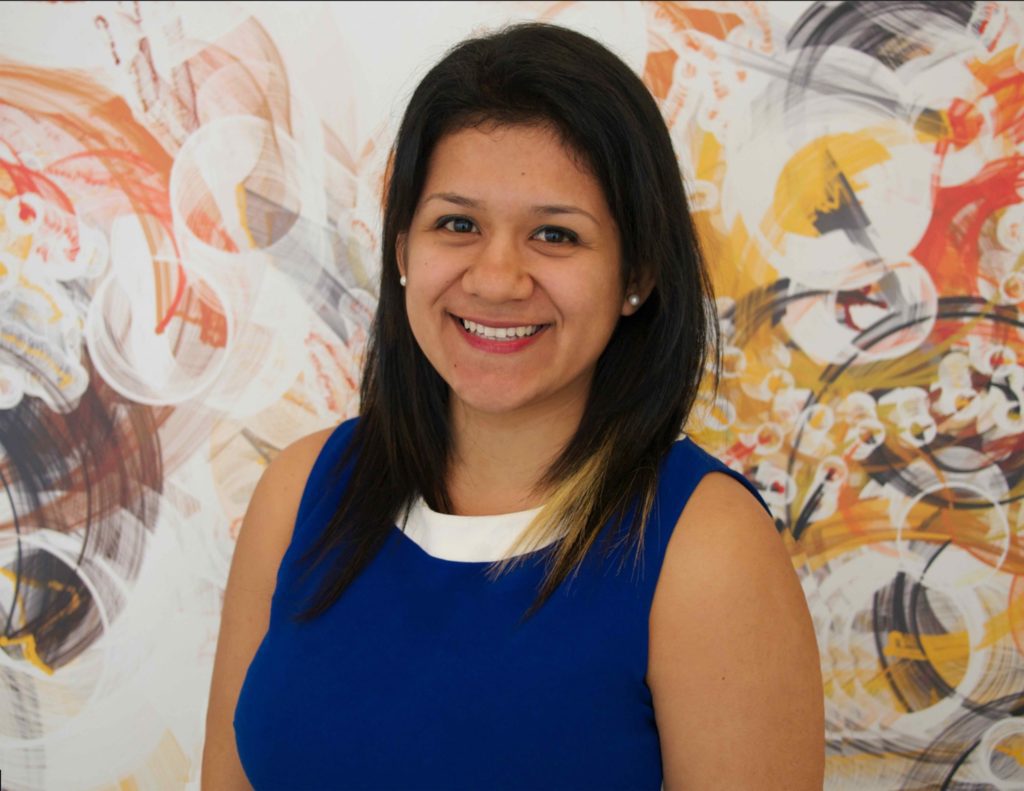
Bentley presented her research as an NDSEG Fellow. She is working to make smaller, more affordable high accuracy navigation-grade gyroscopes.
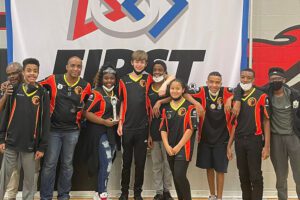
Having excelled in careers at Microsoft, Amazon, and now Meta, the alum and renowned video game engineer co-founded The Motor City Alliance to make Detroit a powerhouse for FIRST Robotics teams
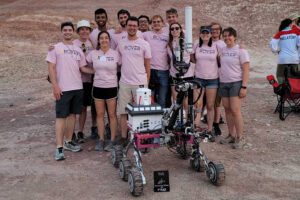
From autonomously navigating rocky terrain to testing soil for signs of life, the Michigan Mars Rover team bested their competition and took first place at the international competition.
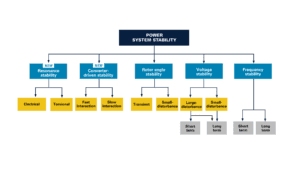
The rapid growth of renewable energy led to an international task force to study its impact on the stability of worldwide power systems.

Producing synthesis gas, a precursor of a variety of fuels and chemicals, no longer requires natural gas, coal or biomass.
The new computer model accurately predicts the behavior of millions of microbial communities from hundreds of experiments, an advance toward precision medicine.
The post Machine learning begins to understand the human gut appeared first on Michigan Engineering News.

Patel and Michielssen developed the Wigner-Smith time delay matrix for electromagnetics.
Quantum materials emit light as though it were only a positive pulse, rather than a positive-negative oscillation.
The post Emulating impossible “unipolar” laser pulses paves the way for processing quantum information appeared first on Michigan Engineering News.
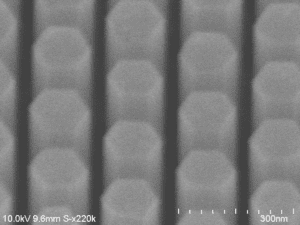
Prof. Zetian Mi leads a team that created highly-efficient red micro LEDs suitable for augmented and virtual reality.